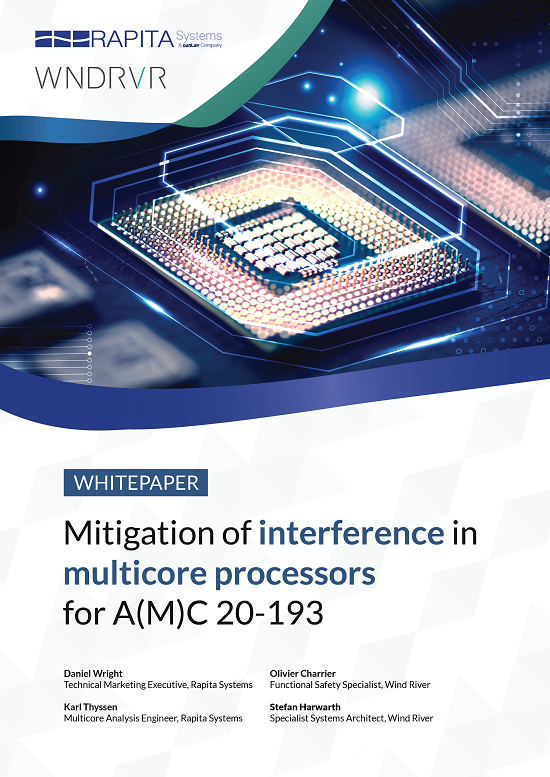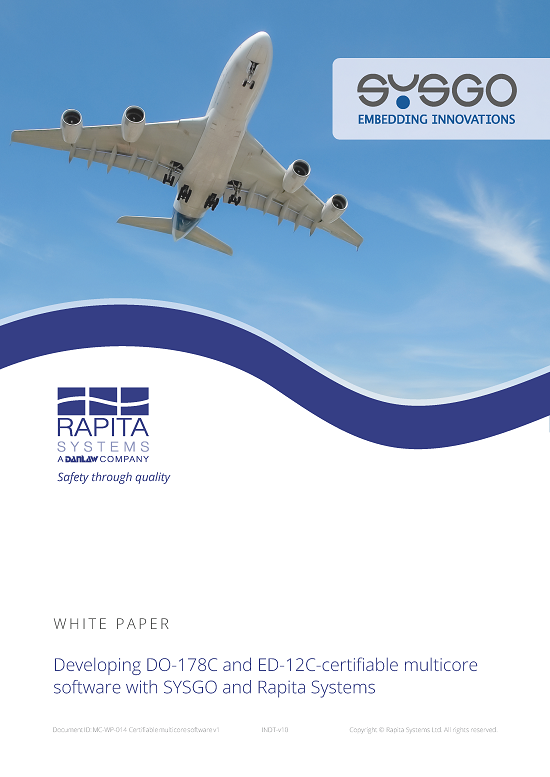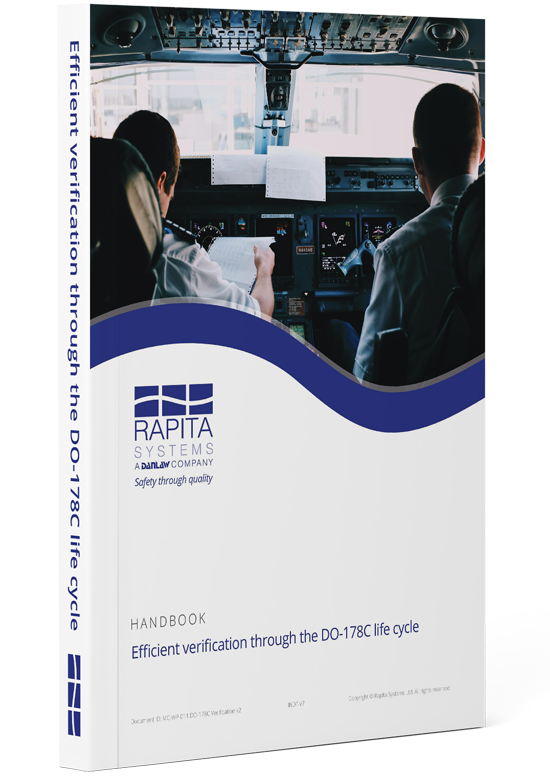One of the largest blockers preventing migration from legacy software verification toolsets to more modern and capable software testing tools is the effort needed to integrate the new tools with the hardware and software environment.

To solve this issue, Rapita Systems have been working with DDC-I, vendors of popular safety-critical RTOS Deos™, to offer better support for RVS integrations with Deos, and the early results are exciting. We now have a working prototype of a rapidly configurable integration with RapiTime (on-target timing) and RapiTask (scheduling visualization).
The integration is easy to set up, requiring only that you fill in some details such as your target IP address, build system and DDC-I tool locations in a configuration file. In the future, we plan to make the integration even simpler as a true "out-of-the-box" solution. We plan to host a joint webinar with DDC-I demonstrating this technology soon, so please keep an eye on our RapiTimes newsletter and LinkedIn account for more information.
RapiTime automatically instruments critical software with extremely low overheads and produces timing metrics including worst-case execution time while tests run on target.
RapiTask analyzes the task-level timing behavior of critical embedded systems, helping engineers to understand the scheduling behavior of their code and troubleshoot timing issues.
We've worked closely with DDC-I to to develop this seamless, hardware-agnostic integration of RVS with Deos, which is portable to every architecture supported by Deos (PowerPC, ARM, and Intel). In the approach, tracing is accomplished by applying RVS instrumentation with a trace collection mechanism that leverages core Deos functionality already present in every Deos kernel.

 Rapita System Announces New Distribution Partnership with COONTEC
Rapita System Announces New Distribution Partnership with COONTEC
 Rapita partners with Asterios Technologies to deliver solutions in multicore certification
Rapita partners with Asterios Technologies to deliver solutions in multicore certification
 SAIF Autonomy to use RVS to verify their groundbreaking AI platform
SAIF Autonomy to use RVS to verify their groundbreaking AI platform
 RVS gets a new timing analysis engine
RVS gets a new timing analysis engine
 How to measure stack usage through stack painting with RapiTest
How to measure stack usage through stack painting with RapiTest
 What does AMACC Rev B mean for multicore certification?
What does AMACC Rev B mean for multicore certification?
 How emulation can reduce avionics verification costs: Sim68020
How emulation can reduce avionics verification costs: Sim68020
 How to achieve multicore DO-178C certification with Rapita Systems
How to achieve multicore DO-178C certification with Rapita Systems
 How to achieve DO-178C certification with Rapita Systems
How to achieve DO-178C certification with Rapita Systems
 Certifying Unmanned Aircraft Systems
Certifying Unmanned Aircraft Systems
 DO-278A Guidance: Introduction to RTCA DO-278 approval
DO-278A Guidance: Introduction to RTCA DO-278 approval
 The EVTOL Show
The EVTOL Show
 NXP's MultiCore for Avionics (MCFA) Conference
NXP's MultiCore for Avionics (MCFA) Conference
 Embedded World 2026
Embedded World 2026
 XPONENTIAL 2026
XPONENTIAL 2026




















